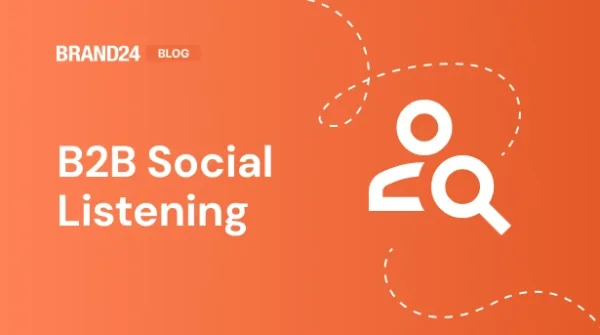A Complete Guide to Event Marketing: Before the Event [1]
There are so many things one needs to take care of: logistics, venue, catering, catering and, last but not least, event marketing.
Let me not mince words: event marketing can be one of an arduous task.
But there’s a good news, too. If done right, the ROI and benefits coming from a successful event marketing can boost your business on so many levels.
Welcome to the first part of our guide to event marketing. We’ll cover the essentials that include:
- Determining your target audience.
- Goals.
- Event identity design. (yep, design is a part of marketing!)
- Promotion strategies before the event.
Let’s get started!
Determine Your Target Audience
If you market to everyone, you market to no one.
The very first step in event marketing includes determining who your target audience is. A proper research and creating an accurate persona is one of the most important aspects of running an event. It sets the foundations for communication, event marketing strategies, and the overall success of your event.

A proper research and creating an accurate persona is one of the most important aspects of planning an event. It sets the foundations for communication, event marketing strategies, and the overall success of your event.
For example, if you target people from the corporate environment, you will focus your promotion strategies around LinkedIn, or email marketing. Also, the tone of voice will be slightly different than in the case of, for example, addressing the creative community.
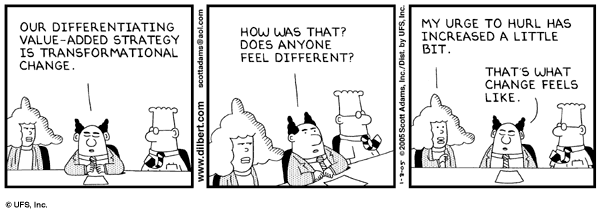
On the other hand, if you want to gain the attention of, for example, programmers, you need to reach them where they hang out: Facebook groups, Slack groups or Reddit.
And so on so forth.
How to Learn More About Your Target Audience
Let’s say you’re doing an event for the small and middle-sized SaaS companies in HR.
And you want to get to know them better to address their needs during the event.
One way to do so is to use a social media monitoring tool like Brand24 and track conversations of people you want to get to know closer.
Social media monitoring allows tracking all online pieces of content including predefined keywords. By tracking such mentions you can learn a couple of things about your audience:
- Where they hang out.
Social media, blogs, discussion forums or elsewhere? It can be determined by the number of mentions across various sources. This gives you an idea of the communication channels you can use to reach your target audience.

- Who they are, how old are they, what their hobbies are.
It’s no mystery that generation gap is a real thing. Millenials or generation Y have a different way of looking at life and work environment, they have different habits and hobbies. It’s good to consider them while preparing your event.
- What are the trends within this niche.
This one you need to analyze manually by reading all relevant conversations. If you notice a pattern of the most frequently discussed topic, you can learn even more about it. To do so, you need to look for it within the project. - What are their problems.
Keep your ear to the ground and learn what the problems of your target audience are. It’s a great inspiration for content you’ll serve during your event. You can invite speakers and experts who will address the most burning issues. - + more!
Once you get to know your target audience, you can start thinking about goals.
Goals
You should clearly state the goals you want to achieve with your event. There’s plenty of areas to consider:
- Increasing brand awareness and establishing your position as an industry expert.
Hosting an event is a way to present yourself as an expert in a particular niche. Providing value, gaining trust and earning the reputation of an expert will translate into profits in the long run. - Increasing the number of customers.
An event is a wonderful opportunity to acquire customer leads. - Increasing the social media reach of your brand.
Such an event is a good opportunity to increase the social media buzz around your business and event. In other words, more people will hear about you. This, however, requires driving social media engagement before, during and after the event. We’ll cover this one later. - Finding brand advocates.
Events are a good chance to find your brand advocates.
Event Branding
Good design sells.
Design in an inherent part of marketing. It should be well adjusted to your audience and resonate with their liking.
Corporate audience most probably won’t get the vibe of millennial startup creators.

D&AD identity
It’s important when it comes to creating flyers, roll-ups, landing pages, banners, images for social media and other promotional materials.
Promotion Strategies
It’s important to remember that event marketing has three main phases:
- Before
- During
- After
Each phase is equally important. Let’s get started with the first one.
Phase 1: Before the Event
It’s good to start event marketing before the event so that it gets a bigger exposure on social media. It increases the chance that the news about your event reaches more people.
There’s a couple of things you can do here:
Create a Dedicated Hashtag
A dedicated event hashtag is an inevitable part of event marketing. It has a number of benefits:
- It improves your brand awareness.
- It increases your social media reach (more people learns you exist)
- It allows engaging people using it (for sales, engagement, or customer relationships sake)
- It allows measuring the impact of your event.
- It drives engagement among attendees.
Social media monitoring might come useful here. Using tools like Brand24, you can track in real time the performance of your hashtag:
- The number of times it gets shared.
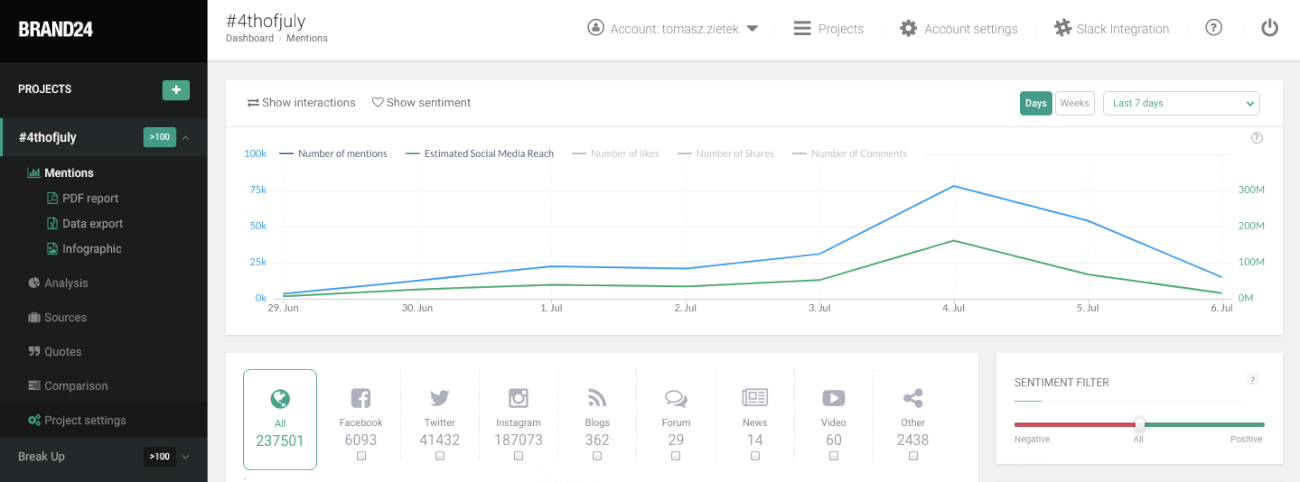
- Who shares it.
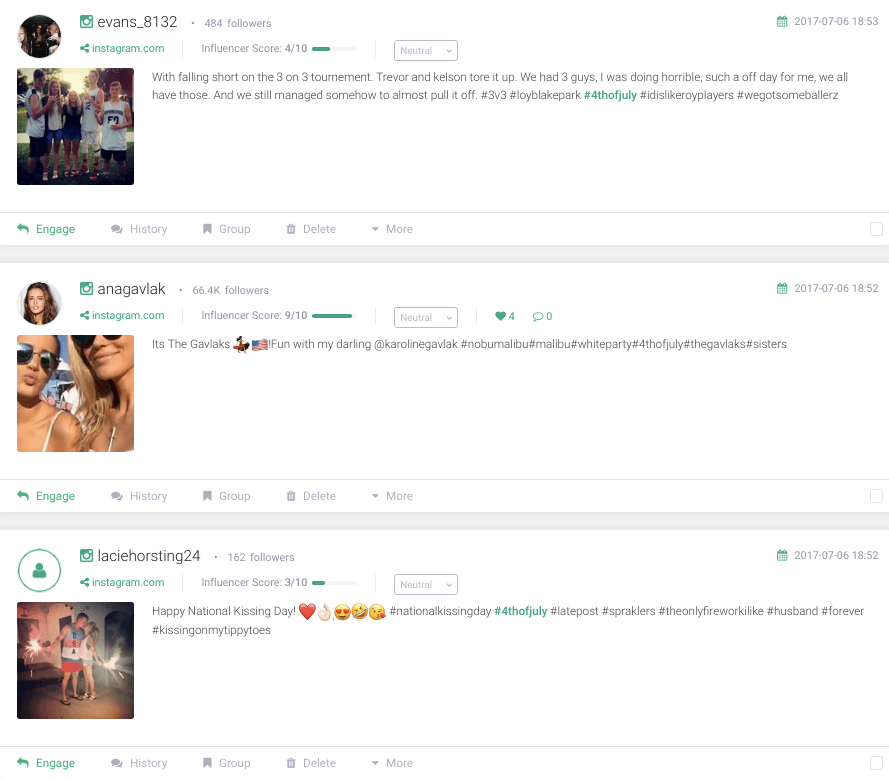
- Where.

- How influential are sources mentioning your hashtag.
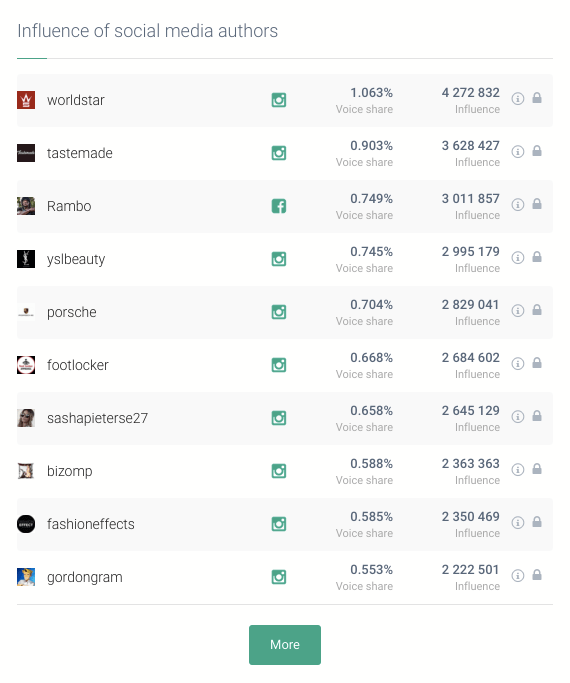
- What engagement mentions of your hashtag generate.
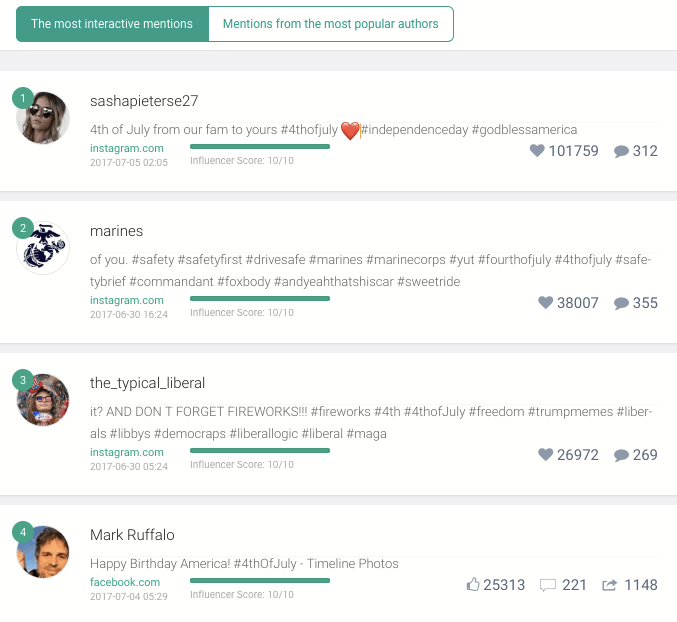
- + more.
- + much, much more!
If you want to monitor and analyze the performance of your hashtag, you need to start monitoring it before you start using your hashtag.
It’s because social media monitoring tools don’t collect historical data.
Landing Page
A landing page will be at the forefront for your event marketing strategy.
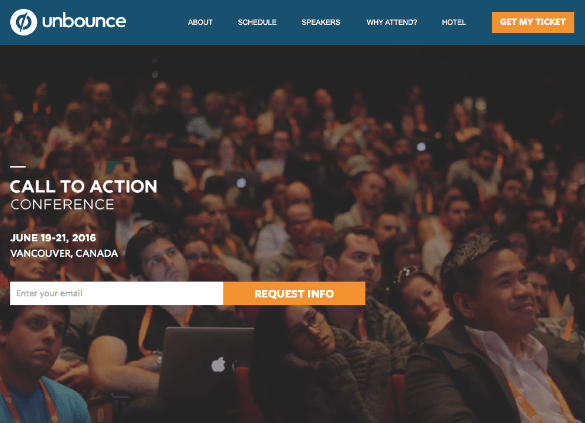
It’s important to remember that writing a copy, designing and developing a landing page takes time. It involves a lot of back-and-forth work.
First of all, you need to prepare texts for your landing page.
There are at least 6 elements an effective landing page should have:
- Value.
It should be the selling point of your event. You should present the value your potential attendees can benefit from. You should list and briefly describe the benefits of coming to your event. - Social proof.
To have an even bigger impact, it’s good to place some testimonials from your customers or industry influencers explaining why it’s worth to come to your event. - CTA.
A call to action is a must. In the case of the landing page, it can be an invitation to register. The text should be short, yet full of value. I know it’s hard. - Hashtag.
Make sure you place your event hashtag on the landing page and encourage people to join the conversation using the hashtag. - Additional information.
It’s always good to provide information about time, venue and how to get it. - Video.
It’s good to make a short 30-second video teaser of your event. It can be easily done using, for example, Lumen5 which is a free video generator.
Secondly, you need to code it.
If you’re in a shortage of a designer or / and developer, you can use Unbounce which is a good landing page generator.
More than a half of all online traffic happens on mobile. That’s why you need to have a mobile-friendly landing page.
Reach Out to Influencers
Influencer relationship can enormously boost your event marketing. It’s all about relations.
Getting influencers on board gives your the access to their audience and a chance to increase the number of attendees.
You should consider reaching out to experts within your niche with a personalized pitch.
Having influencers on your side equals good PR. It’s always good to see influential experts endorsing your event. It may convince an influencer’s fans and followers to come to your event.
In return, you can offer them money, your product, or exposure at your event.
Promote Your Event In Social Media
Event branding: ready!
Event hashtag: ready!
Influencers: ready!
Landing page: ready!
Now you can start promoting your event in social media.
First of all, publish your landing page. Share it through your social channels in the form of the video and link to the landing page. Boost it with paid advertising.
Use Buffer, CoSchedule or any other social scheduling tool to publish a post about your event a couple of times a week. Make sure you have a couple of versions of the text inside your post.
Monitor Who’s Using Your Hashtag and Engage
Go to Brand24 and track conversations mentioning your hashtag.
You can approach the authors and join the conversations, for example, thank them for buying a ticket for your event.
Such interactions show that a brand cares about its customers as it engages in personalized conversations.
Some conversations will certainly contain questions from attendees. It’s good to answer them as soon as possible. With Brand24 you receive mentions in real time. What’s more, you get notified about the incoming mentions.
You can receive notifications in a couple of places:
- Email notifications.
- A Slack channel.
- Dashboard.
- Push notifications in mobile app.
- Storm Alerts.
You simply cannot miss a mention.
Conclusion
And so we reached the end of part one. In the next part, we’ll cover event marketing during the event.
Stay tuned!
Related articles
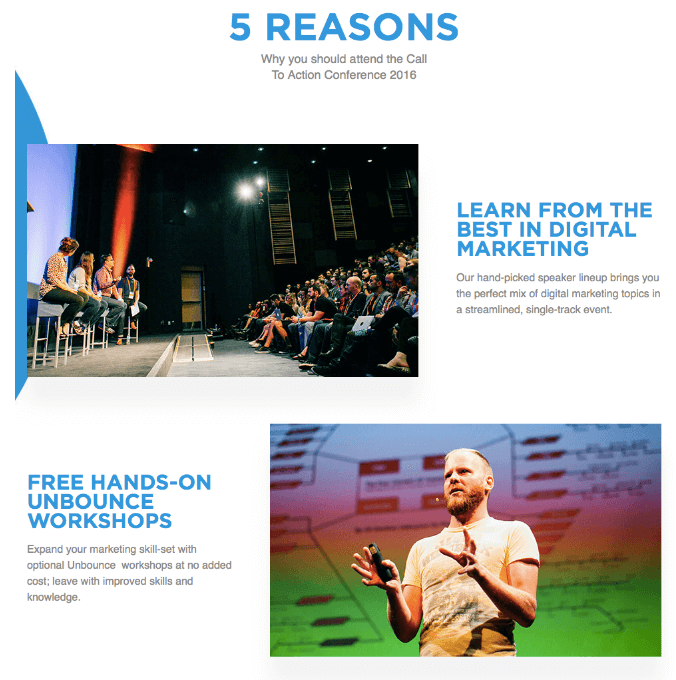
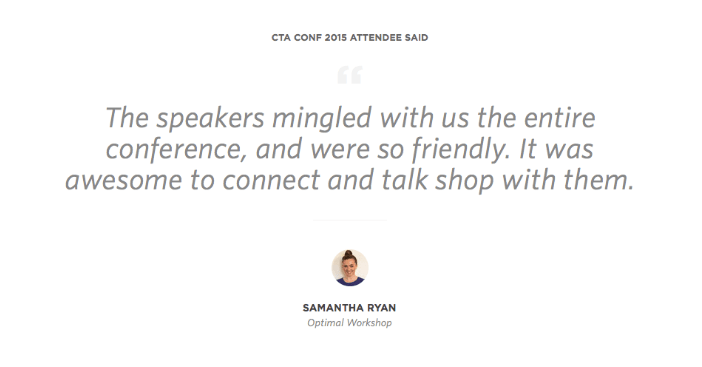
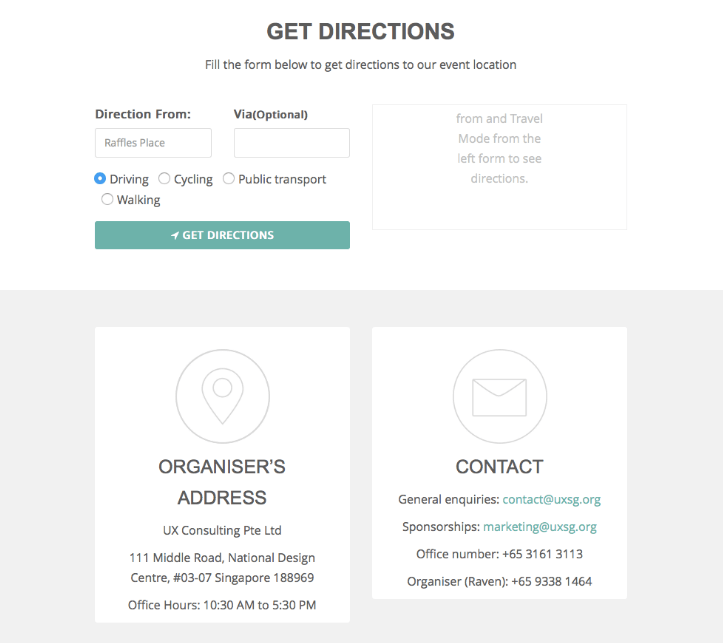

![Instagram Competitor Analysis in 5 Easy Steps [+Duolingo Case Study]](https://brand24.com/blog/app/uploads/2025/06/instagram_competitor_analysis_blog_cover_615x345-600x335.webp)
![How to Create a Social Listening Report? Template & Example [2025]](https://brand24.com/blog/app/uploads/2025/06/social_listening_report_blog_cover_615x345-600x335.webp)
![How to Write a Media Monitoring Report? [2025 Guide]](https://brand24.com/blog/app/uploads/2023/02/media_monitoring_report_business_strategy_blog_cover_615x345-600x335.webp)
![5 Easy Steps to YouTube Competitor Analysis in 2025 [+GoPro Case Study]](https://brand24.com/blog/app/uploads/2025/06/youtube_competitor_analysis_blog_cover_615x345-600x335.webp)
